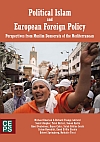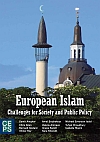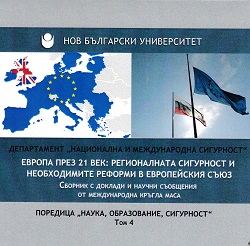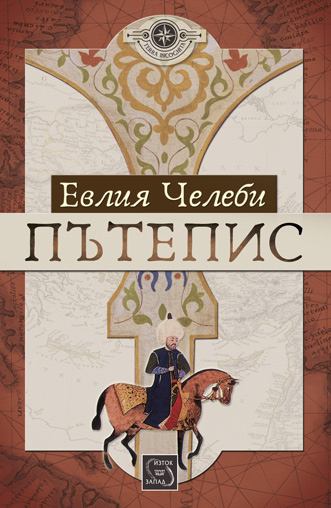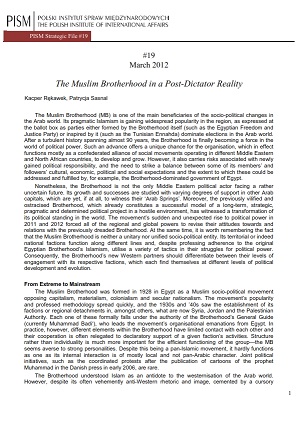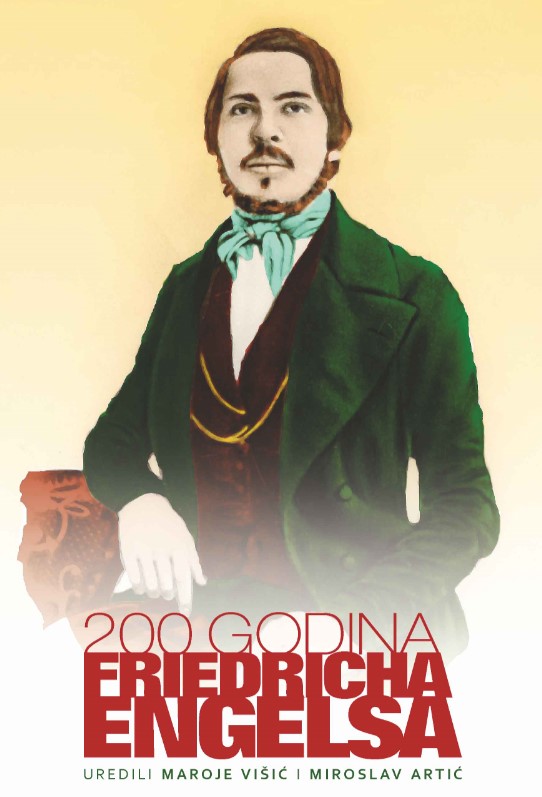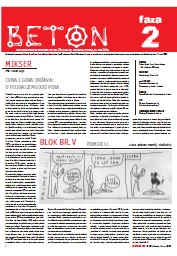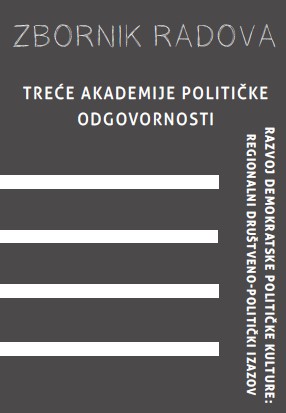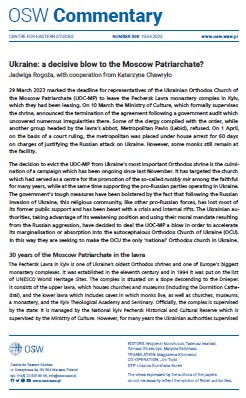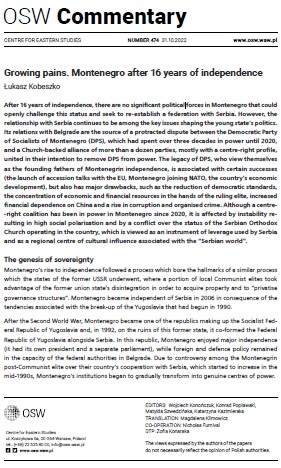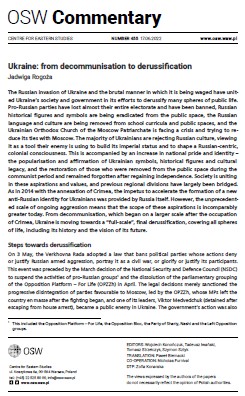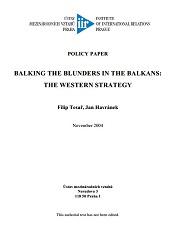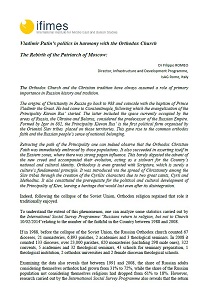Author(s): Bernard Godard / Language(s): English
Publication Year: 0
The particular history of relations between the state and religions, and the juridical arrangements governing the life of these religions over the centuries, constitute a third element determining the make-up of the institutional representation of Islam. Conceptions range from the very secular, as in France, to a view that accords a great deal of space to religious bodies for their participation in the life of society. The reinforcement of the process of secularisation, however, is what characterises recent trends in Europe the most, especially compared to the rest of the world. And no matter what legislative forms these relations between the state and religions take, this drive towards secularisation touches the countries with state religions such as Denmark, Greece or the UK as much as the ‘concordat’ countries, namely Spain and Italy. Those countries that had developed a clearly ‘culturalist’ vision, like the Netherlands, in particular through the policy ‘pillars’ of Catholic, Protestant and humanistic doctrines, now seem to be returning to a more distanced policy with regard to different faiths. One could even advance the view that the presence of Islam has necessitated this distance, and some people now consider that this new religion cannot be too closely associated with public life. Policies that favour the expression of the Muslim faith could appear to contradict the declared neutrality of the state. For example, the very active support of the state for the establishment of the French Muslim Council was vehemently attacked in France as being contrary to Republican principles.
And finally, the concerns engendered by radicalisation, in particular terrorism, have certainly accelerated the processes of recognising official bodies representing the Muslim faith. The British example is indicative of this, with the government shifting in 2005 from a very neutral, distant position to a desire to almost manage these bodies.
In order to illustrate these points, we will examine the different processes that have been tried out to provide Muslims with a representative structure in France, Germany, Belgium, Netherlands, Spain, Italy, UK, Austria, Greece and Bulgaria and, secondarily, the public policies that have aimed to develop training curricula for imams.
More...
